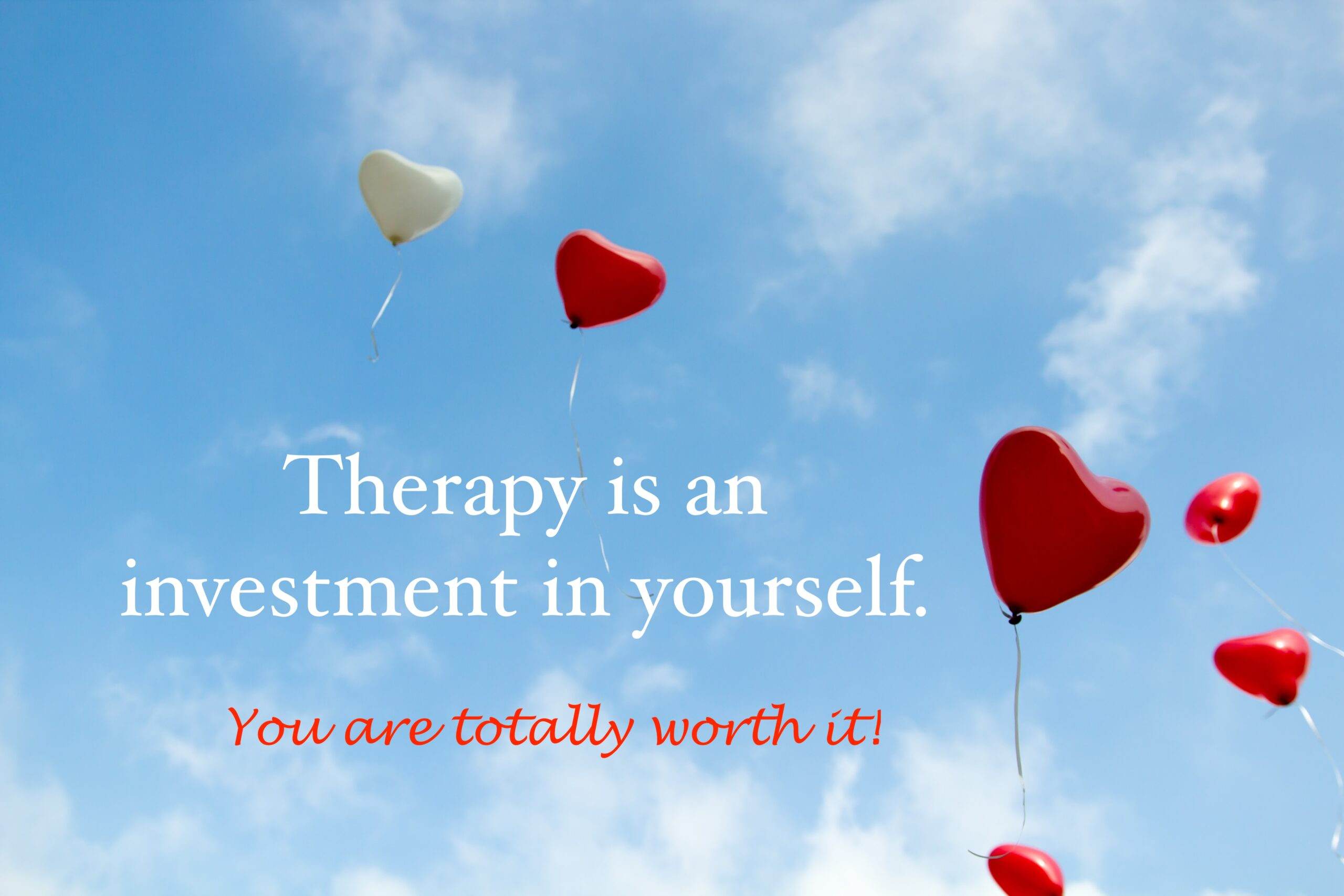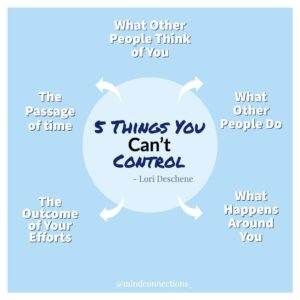
Have you had multiple sleepless nights? Ever wondered: Can insomnia kill you? Even if you finally manage to fall asleep, you may shift from having trouble falling asleep to having trouble staying asleep. Tired but can’t sleep, you might have searched on Google, how to sleep? Why can’t I sleep through the night? How to get to sleep when you can’t? In order to answer these questions, you want to understand this first, what are the causes of insomnia?
Causes of Insomnia
Insomnia may be either the primary problem or associated with other conditions. Main causes of insomnia usually include the following reasons.
1. Stress
First of all, stress is inevitably a big reason of sleep difficulty. You might’ve had a fight with your partner, an interview the following day, some health problems, or loss of a loved one, stress may stimulate your brain activities and therefore keep you awake at night.
2. Smart phone or video games
From time to time, we all have certain habits that disturb sleep. You may find it fun to use your smart phone or other electronic devices in bed. However, scrolling down your social media only stimulates your brain and keeps your awake at night. Similarly, other habits such as playing video games, watching TV in bed, or eating too much late at night may all cause insomnia.
3. Jet lag or shift change
Ever wonder why you can’t sleep when you travel to Asia? Yes, jet lag. That is, irregular sleep schedule may interrupt your body clock and consequently cause insomnia. Besides jet lag, if you take a 3-hour nap at daytime, or change shift often at work may all cause difficulty falling asleep.
4. Coffee and other stimulants
Apparently when you drink coffee, tea, and other caffeinated drinks in the late afternoon, you may not fall asleep at night. In other words, use of stimulants may hamper your sleep. Smoking cigarettes may also interfere with sleep because nicotine is another stimulant. Alcohol may help you fall asleep, but it often brings you shallow sleep and causes broken sleep, or awakening in the middle of the night.
5. Mental distress
People who are struggling with mental distress are more susceptible to insomnia. For example, anxiety disorders, such as post traumatic stress disorder, may be closely related to sleep disturbance. Significant sleep difficulty is also associated with depression.
6. Health conditions and medications
Some medical conditions are associated with insomnia, such as sleep apnea, chronic pain, cancer, heart disease, asthma, diabetes, and Parkinson’s disease. Certain medications including antidepressants and medications for asthma or blood pressure may also link with insomnia.
Psychological Effects of Insomnia
Insomnia can have negative effects on many parts of our body and brain, causing issues in psychological and physical health. When you suffer from poor sleep on a daily basis, it can have a detrimental impact on quality of life. Insomnia undermines your capacity to stay alert; that is, it could affect your thinking, knowing, remembering, judging, and problem-solving. Worst of all, it increases the potential of a variety of mental and emotional disturbances, inducing such conditions as mood issues, memory difficulty, fatigue, difficulty paying attention, and aggressiveness.
What could happen when you internalize the belief “I can’t sleep well”? The answer is obvious: it often produces a strong sense of hopelessness. Sadly, it might be the very beginning of depression. Overall, the most common psychological condition linked with insomnia is anxiety disorders, followed by mood disorders and substance abuse. Insomnia may also be associated with increased risk of suicidal ideation.
How to Treat Insomnia Naturally Without Medication
Can insomnia be treated? The answer is yes. How to fall asleep fast? How to sleep better? What are the strategies and treatments for insomnia in adults and youngsters? Here are some sleeping problems solutions.
-
Good sleep hygiene practices
Sleep hygiene is the practices applied to enhance sleep quality, typically including sleep routine, sleep environment, and daytime activities. A bedtime routine is a set of predictable activities associated with good night sleep. One of the most common sleep hygiene practices is to make sure to go to bed and wake up consistently on the same schedule. Other normal sleep-induced conditions like darkness and a quiet environment are generally considered good sleep stimuli.
For example, using your bed only for sleep (except for sex) or going to bed only when you feel sleepy can help establish the desired connections between your bed and the activity of sleeping. Other good sleep hygiene practices include minimized electronic device usage, limit naps, avoid caffeine, alcohol, and nicotine use.
-
Relaxation and mindfulness sleep exercise
Relaxation and mindfulness meditation practice has been introduced into insomnia treatments as an alternative approach in recent years. When we focus our attention on both the internal experiences of thoughts and feelings and external experiences that take place here and now, with no judgment or criticism, we are, indeed, practicing relaxation and mindfulness for sleep.
Relaxation is, in other words, mindfulness to the body and relief of physical pressure. Have you ever paid attention to your muscles and breath when you struggle to sleep? If you have, did you notice how inflexible your muscles became? Our body is born flexible, yet it gradually grows stiff because of the accumulation of negative emotional energies and stress. Things to do when you can’t sleep could include learning how to adjust our breath to where it is most needed for rigid muscle to relax is a useful practice for insomnia.
When you are stressed out, the simple act of falling or staying asleep may not be so simple. Luckily, we can always learn to lock the stress out of the bedroom door before we go to bed. For one, avoiding intense physical and mental activities before your routine sleep schedule, for example, thinking about the daytime worries before you go to sleep, can be detrimental to both your sleep quality and sleep duration.
Instead of letting worries invade your sleep mind, you can practice making notes of our concerns, fears, and problems at least hours before going to bed, and ‘seal’ them on paper for the next morning to come up with solutions when you wake up. In so doing, you sort out and prioritize the problems that cause your stress. More importantly, it can be employed as a method to monitor the causes of everyday stress, so that we can develop better ways to manage them.
-
Use cognitive behavioral therapy for insomnia
In terms of psychotherapy, cognitive behavioral therapy for insomnia has long been proven to be as effective as medical treatments. The rationale is that the conscious and subconscious mind can be the biggest enemy when it comes to sleep. That is, our robust cognitive processing ability during the daytime, which plays a beneficial role in planning or critical thinking, turns out to be a disadvantage to sleep. You probably have already experienced your brain’s constant work when you try to sleep, Sure enough, this often generates from anxiety over next-day performance. CBT for insomnia includes techniques that enable patients to exercise greater control over what to think about and when to think about it.
In general, you can train yourself to worry about your worries while not in bed; you can also reorganize your thoughts to reduce the impact of disturbing brain activities. Consult with your sleep psychologist to find out the most suitable options to help you to sleep better.
Dr. June and her team are resources for the therapy you need to treat your sleep problem and all related stress, anxiety, and depression. Contact us and we will provide our effective insomnia treatment for you to sleep better.
Special thanks to the contribution of our intern Wenqi (Vinky)

 This is another big myth about therapy, the misconception that you are not strong enough to handle and manage the issues yourself, or by going to therapy, you are somehow giving up or giving in.
This is another big myth about therapy, the misconception that you are not strong enough to handle and manage the issues yourself, or by going to therapy, you are somehow giving up or giving in. Some people believe therapy is a glamorous hobby of the rich, who pay professionals to listen to their problems. Let’s face it, seeing a therapist is not inexpensive; however there is actually a wide range of services that can meet your needs!
Some people believe therapy is a glamorous hobby of the rich, who pay professionals to listen to their problems. Let’s face it, seeing a therapist is not inexpensive; however there is actually a wide range of services that can meet your needs!

 A good relationship makes you feel secure, happy, cared for, respected, and free to be yourself; on the contrary, a toxic relationship make you feel drained, depleted, and sometimes even distraught. Then how do you know your relationship is toxic? There are many warning signs indicating you might have entered a toxic relationship.
A good relationship makes you feel secure, happy, cared for, respected, and free to be yourself; on the contrary, a toxic relationship make you feel drained, depleted, and sometimes even distraught. Then how do you know your relationship is toxic? There are many warning signs indicating you might have entered a toxic relationship.